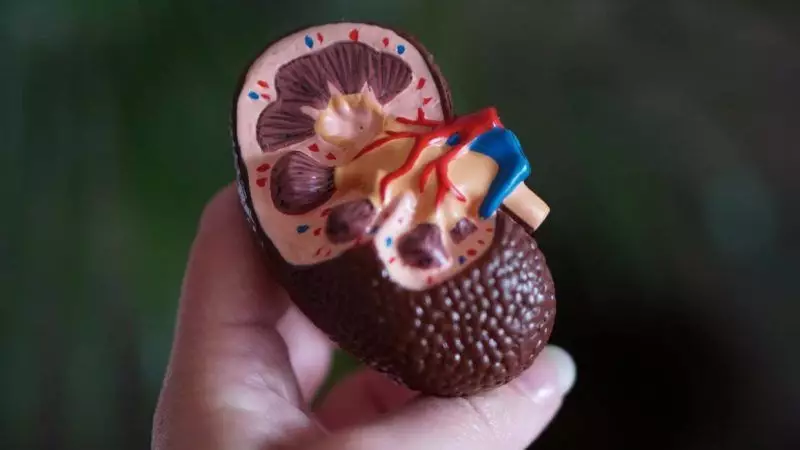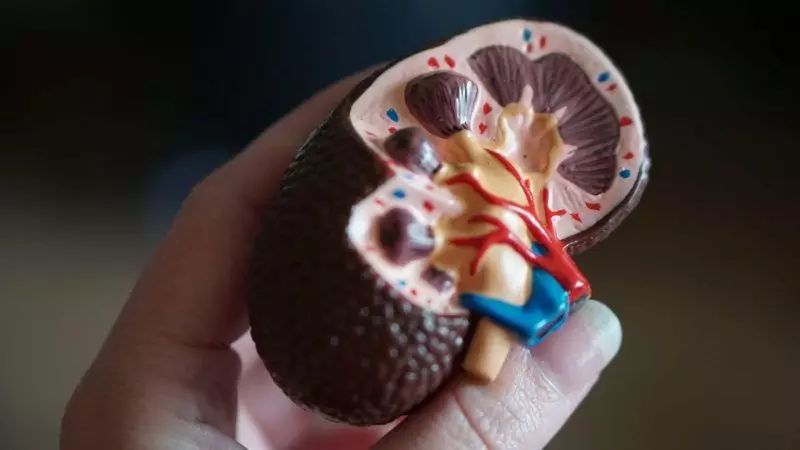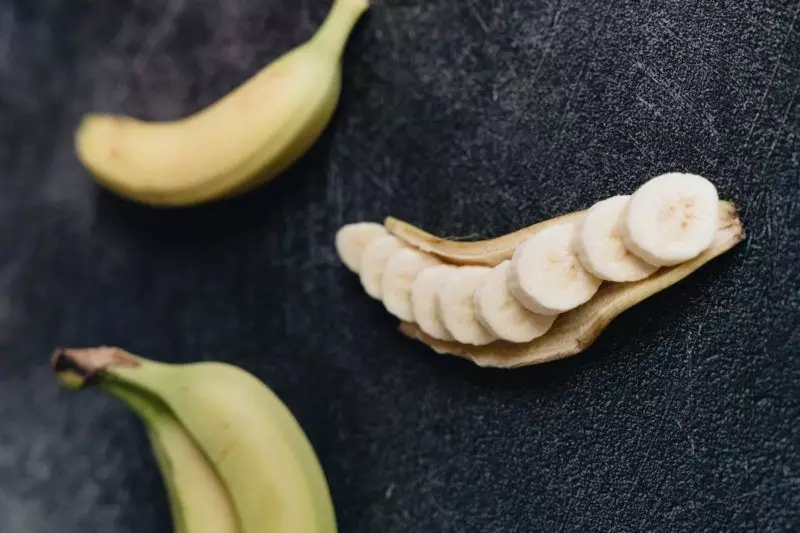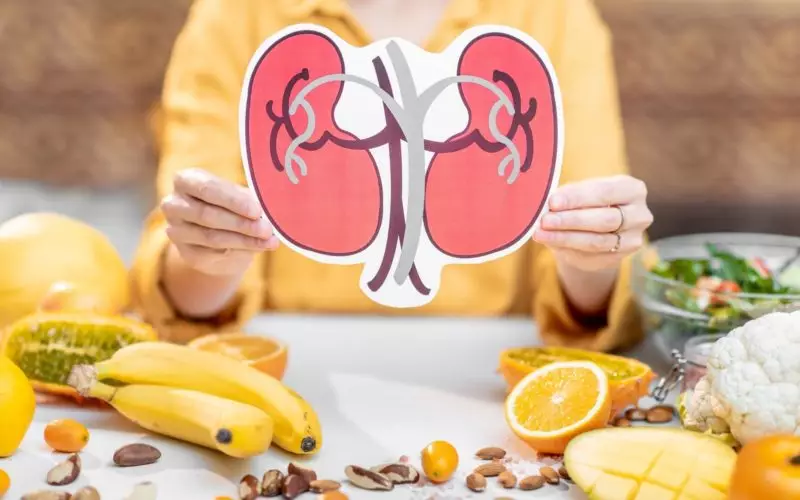
The formation of kidney stones is a serious health condition that requires medical attention and treatment.
Kidney stones are tiny hard particles, which are formed by the chemicals in the urine when there is not enough liquid and too much minerals and salts. And according to the US National Kidney Foundation, one in every 10 people will suffer from kidney stones at some point in their life.
The most common symptom of kidney stones formation is pain: in the back, abdomen, on the sides, or when urinating… Besides, UTI ( urinary tract infections )-like symptoms can also appear, causing urging and difficulty when urinating, and bloody or cloudy urine with a specific smell .
In more severe cases, kidney stones can even trigger vomiting, nausea, and fever.
But why do so many people experience this health condition? What are the factors that cause the formation of stones in our kidneys? You will find the answer in this article!
Because when we know the cause, we can act immediately to find a solution!
Let’s get started!
Dehydration
Not drinking enough water during the day has a long term negative impact on your kidneys simply because they need water to function properly. In fact, by regularly drinking less than 8 glasses per day, you significantly increase the risk of developing kidney stones at some point in your life!
According to research conducted for “Hydration for Health,” drinking enough water leads to an increase in urine volume that consequently results in a reduction of urine density. And when the balance between minerals, salts, and water is ideal, the risk of kidney stone formation is diminished!
Impaired calcium absorption
A medical study published in the US National Library of Medicine shows that around 85% of kidney stones are composed of different forms of calcium. In that sense, the intake of too much calcium, suffering from impaired calcium absorption in the small intestine or experiencing abnormal dissolving of this mineral in the stomach, increases the calcium density of the urine that passes through the kidneys.
As a result, the risk of kidney stones formation rises proportionally to the calcium density of the urine.
One common reason that triggers calcium malabsorption is the lack of vitamin D (either through dietary sources or insufficient exposure to UV light). However, it is best to identify the reason by seeking medical attention, as it can be more severe.
On the other hand, the intake of too much calcium can happen with inadequate supplementing, and in some rare cases with overconsumption of dairy products, spinach, nuts, and seeds.

Eating too much salt
As salts crystalize to become kidney stones, it’s no surprise that eating too much sodium (table, Himalayan, or iodized salt) is a major factor causing the development of this health issue.
According to the Official Foundation of the American Urological Association, the over intake of salt increases the calcium density in the urine, as it blocks the mineral from being reabsorbed. As a result, regularly eating very salty foods increases the risk of kidney stones formation.
High-protein diet
Even though animal protein is the highest quality protein you can consume, too much of it can increase the risk of developing kidney stones.
The reason for this is explained by Harvard Health Publishing: Consumption of too much meat, poultry, eggs, and fish simultaneously reduces the levels of citrate (which is the chemical responsible for repainting stone formation) in the urine and raise the levels of uric acid. In that case, the urine pH loses its balance, which becomes a prerequisite for crystallization of the uric acid (this is the so-called formation of uric acid stones.)
Conclusion
If you have a doubt that you might suffer from kidney stones, contact your doctor immediately. He/she will help you to identify the cause and will prescribe you appropriate medication/ solution for your health condition, age, and lifestyle.
Disclaimer: RawBeautySource does not aim to give any medical advice. The information presented in this article is based on research and aims to give information about the topic








